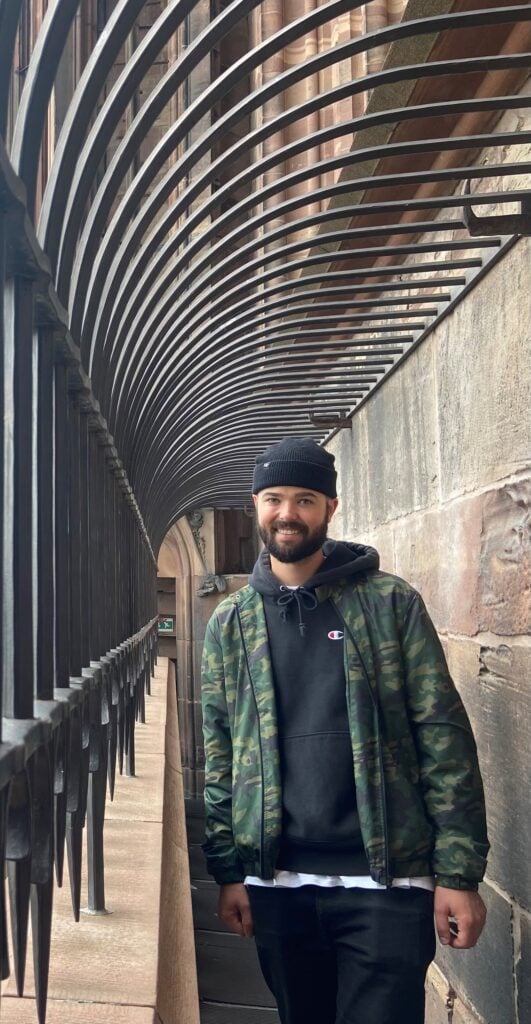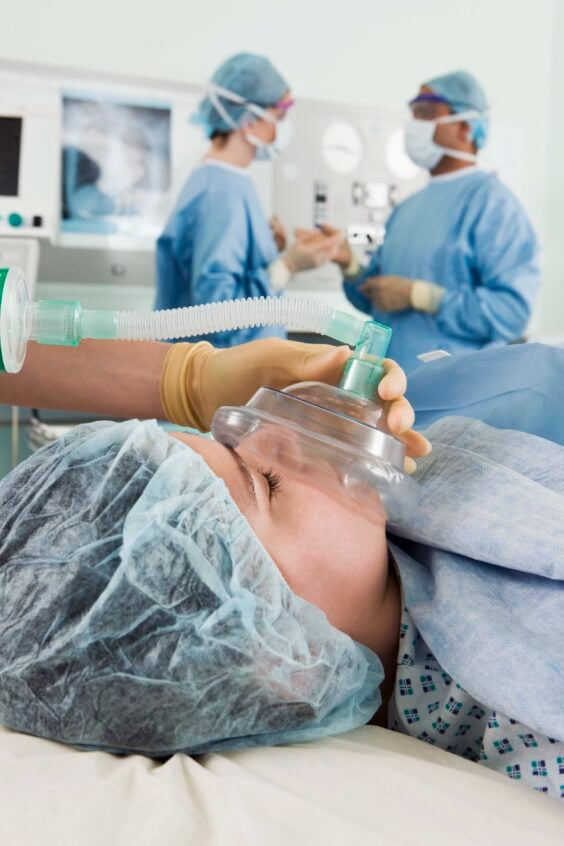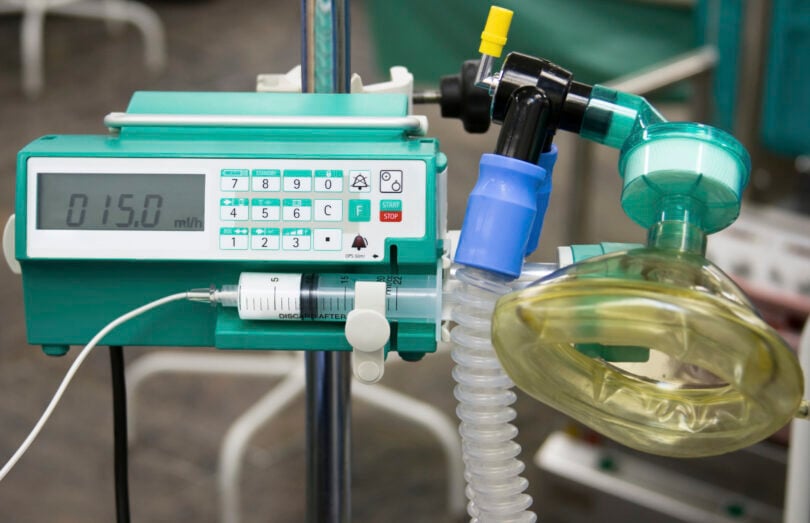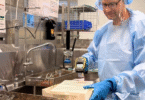Leo Stephenson didn’t always know he’d end up in the operating room. But looking back, every step of his journey—from lifeguarding at summer camp to working as a first aid attendant—was quietly guiding him toward a career in health care.
“I’ve always been drawn to helping people,” Leo says. “But I didn’t take a straight path. I followed what I loved, and that led me here.”

Today, Leo is a Certified Clinical Anesthesia Assistant (CCAA) working across St. Paul’s Hospital and Mount Saint Joseph Hospital. He’s part of a specialized anesthesia care team that supports patients through every phase of their surgical experience—from preoperative preparation to intraoperative care and recovery.
“It’s a privilege to care for people during some of the most vulnerable and anxious moments of their lives,” he says. “We’re there to make sure they feel safe, supported, and cared for.”
A role built on teamwork and trust
Leo first joined Providence Health Care in 2016 as a research coordinator at St Paul’s Hospital. After returning to school to pursue further education, he came back in 2020—this time in a clinical role that allows him to make a direct impact on patient care.

As an Anesthesia Assistant, Leo works under the medical direction of physician anesthesiologists, helping to deliver safe and efficient anesthesia services. His day often starts early, preparing equipment and medications, performing assessments, and supporting patients in the operating room and beyond.
“My favourite part of the job is the people,” Leo says. “I get to work alongside incredibly skilled, dedicated, and genuinely lovely colleagues. The culture here is collaborative and respectful. It makes all the difference.”
That culture is no accident. Providence’s Anesthesia Assistant program began in 1997, when Dr. Brian Warriner introduced the role to improve anesthesia safety and align with national best practices. Since then, the program has grown from two AAs to 14 full-time professionals—with two more graduates joining in early 2026.
Today, under the leadership of Dr. Raja Rajamohan, the program continues to evolve. Dr. Rajamohan also serves as the medical director of the Anesthesia Assistant program at Thompson Rivers University (TRU), a key partner in training the next generation of AAs.
Wellness and career advice
Leo is a strong advocate for wellness, both for himself and his patients. He practices mindfulness daily, taking time to check in with himself and recharge. “It’s important to care for ourselves so we can care for others,” he says. “Even a few minutes of reflection can go a long way.”
When asked what he’d be doing if he weren’t an AA, Leo laughs: “Probably trying, and failing, to be a professional golfer.” On his days off, you’ll likely find him on the golf course, enjoying the outdoors and a bit of friendly competition. And if he could spend a day in another department? “I’d head to 10 A/B to hang out with my little sister, who’s an RN there,” he says with a smile.
Leo’s advice for anyone considering a career shift? “Find something you love and build your career around that. It might take time, and the path might not be linear, but that’s okay. Enjoy the journey.”
How to become an Anesthesia Assistant
Leo’s journey is a powerful reminder that careers in health care can be both deeply personal and profoundly impactful. If you’re a Respiratory Therapist looking to expand your scope and take on a dynamic, patient-focused role, becoming an Anesthesia Assistant might be your next step.
To become a Certified Clinical Anesthesia Assistant (CCAA), you’ll complete advanced training that includes both classroom and clinical components—covering topics like pharmacology, physiology, and anesthetic technology. After completing the program, you’ll write a national accreditation exam to earn your certification.
Explore training and job opportunities
Providence Health Care proudly partners with Thompson Rivers University (TRU) to support AA education and training. TRU’s program is a recognized leader in preparing AAs for clinical excellence, and Providence has even offered hospital-funded cohort positions to help meet growing demand.
Explore the TRU Anesthesia Assistant Program: Anesthesia Assistant Post-Diploma : Thompson Rivers University, Open Learning
Explore current opportunities at Providence: Current opportunities | Providence Health Care
Whether you’re just starting to explore the role or ready to take the next step, there’s never been a better time to join this growing and essential profession.
Story by Jessica Collins, Digital Recruitment Marketing Specialist





